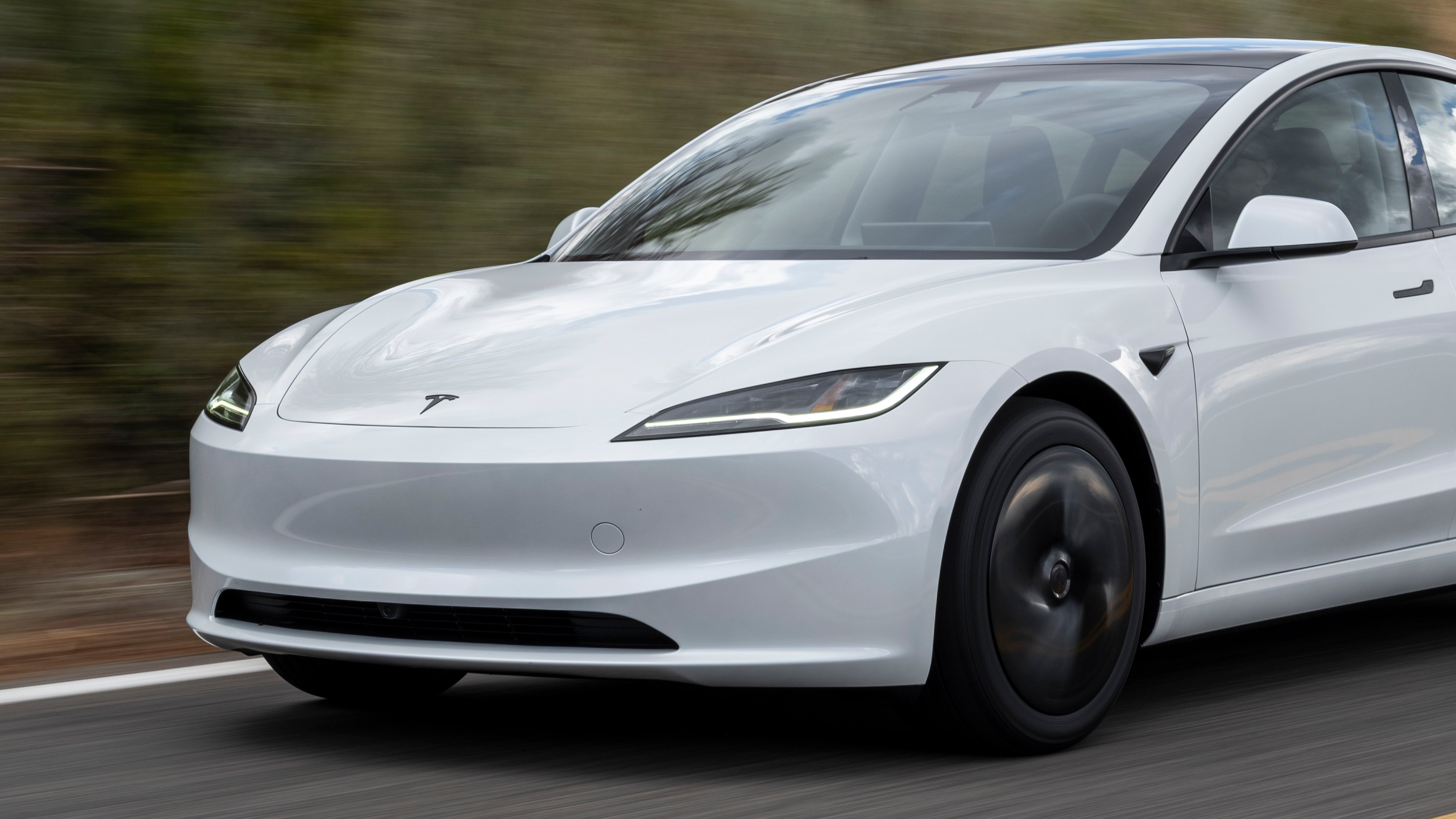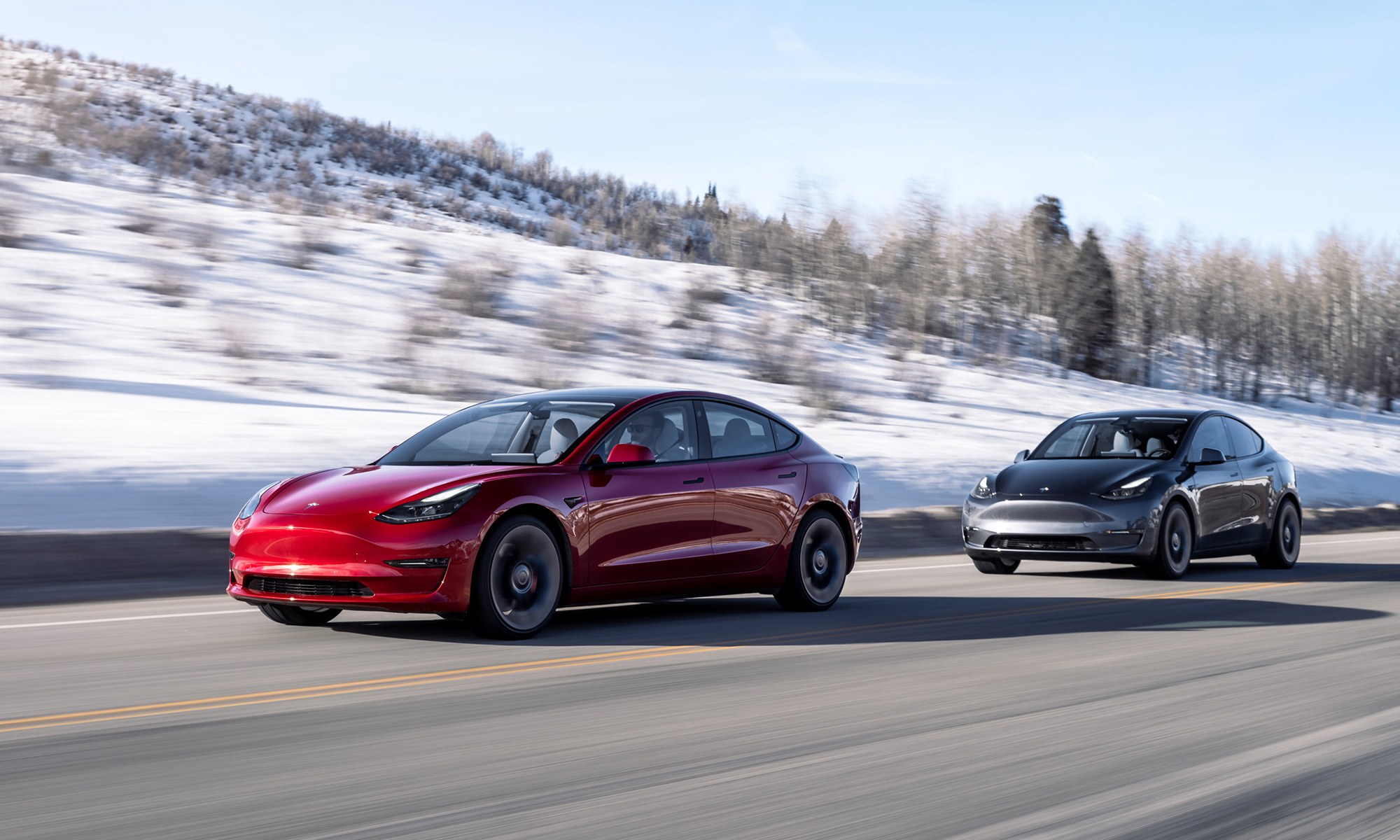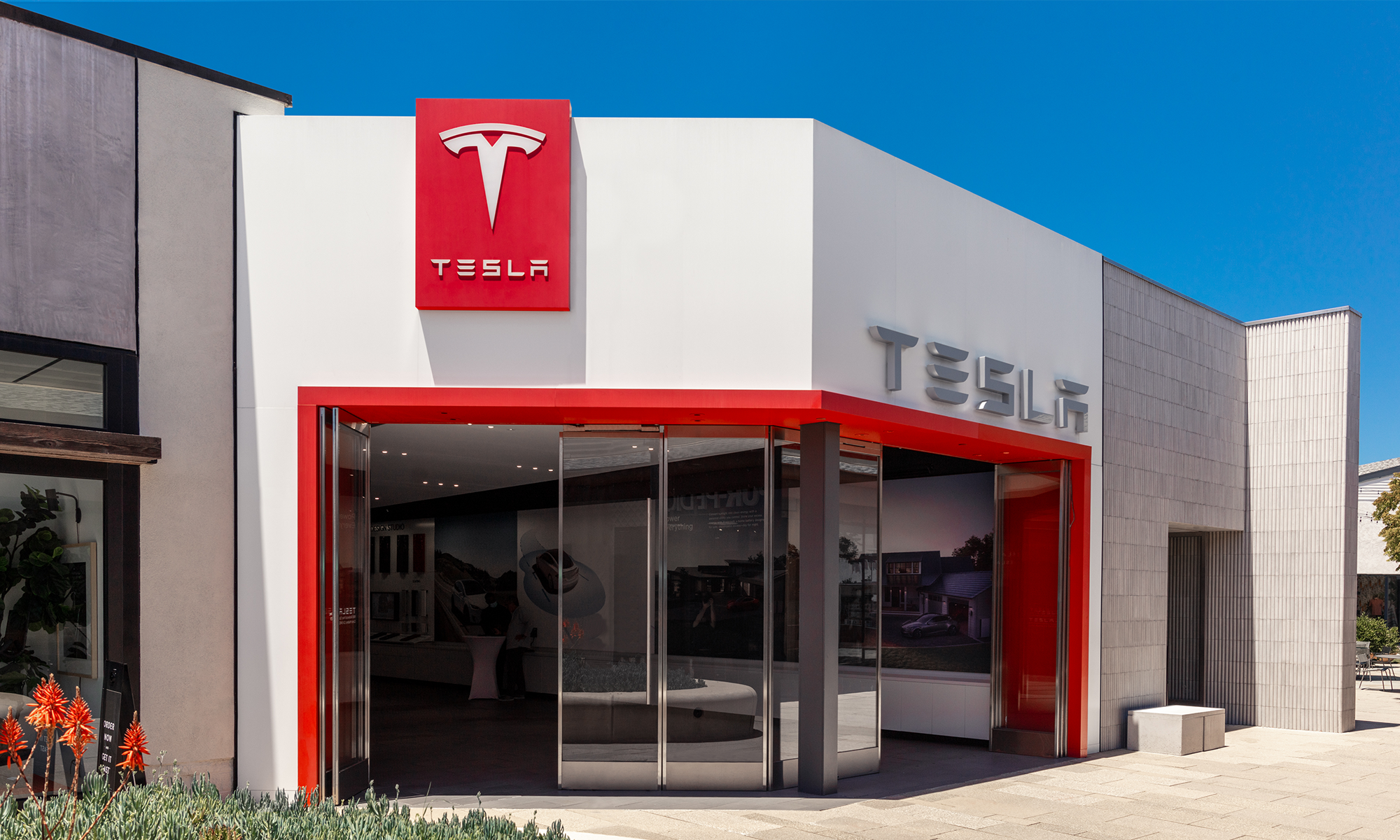So far, electric-car maker Tesla Motors' (TSLA 3.54%) recently launched referral program "seems to be working," CEO Elon Musk said in a recent letter to customers. The program's success has led to some tweaks to its incentives. Here's an update.

Model S.
The purpose
For those unfamiliar with Tesla's referral program, it was launched in July to drive Model S sales by tapping into arguably the company's greatest asset: its fast-growing base of highly satisfied customers.
"Word of mouth has always been a major part of how Tesla sales have grown," Musk said in an email to customers on July 29. "When I meet Tesla owners, one of the first things they often tell me is how they have convinced many others to buy the car."
Musk went on to explain that if Tesla amplifies this word-of-mouth marketing, the company may not need to open as many new stores in the future.
"So, we are going to try an experiment," Musk said.
He explained:
From now through October 31st, if someone buys a new Model S through your link, they will get $1,000 off the purchase price and you will get a $1,000 credit in your Tesla account, which can be applied to a future car purchase, service charge or accessories. To put some limits on the experiment, each Tesla owner can grant a maximum of ten $1,000 discounts.
Further incentives in the initial rollout of the program included an invitation for two to tour the Gigafactory in Nevada and to attend the grand opening party for the Gigafactory and $25,000 worth of options toward a Model X for referring five and ten customers, respectively. Further, the first person in each of the company's sales regions to reach ten referrals was to be awarded a Founder Series Model X.
The tweaked program
With the program seemingly working, Tesla is also incentivizing customers to make referrals by tossing in a free Tesla home battery for storing energy (including installation) in addition to the invitation to the Gigafactory for five referrals.
Tesla also added incentives for top referrers in each sales region.
"The first person to make ten referrals in each sales region will [still] get a fully loaded Model X for free," Musk said. But top referrers by October 31st, will also get their Model S swapped for a fully loaded Ludicrous P90D, Tesla said.

Model X prototype. Image source: Tesla Motors.
While Musk has remained open to the idea of eventually paying for advertising, the company has so far relied heavily on word-of-mouth marketing. Indeed, it has yet to spend any money on advertising.
However, while Tesla isn't spending on advertising specifically, the electric-car maker has been spending heavily on sales as Tesla continues to ramp up its sales force, open new stores, and tour its sales regions with test-drive events. Reflecting this rapid growth in spending, the company's sales, general, and administrative expenses in Q2 was up 50.7% from the year-ago quarter. A testament to the effectiveness of this spending, Tesla's vehicle sales during this same period actually grew faster than its increase in spending on SG&A, increasing 52%.
There's a positive and a negative to the news of Tesla's increasingly aggressive referral program. The positive? Through its referral program, it is attempting to reduce sales spending per vehicle sold. While it's passing these savings on to customers and buyers, continued success of the program could be net positive if the company finds it won't need as many stores as it would without a referral program. On the other hand (and this is the negative), Tesla's decision to try to incentivize referrals could signal that Model S sales growth is finally slowing.






